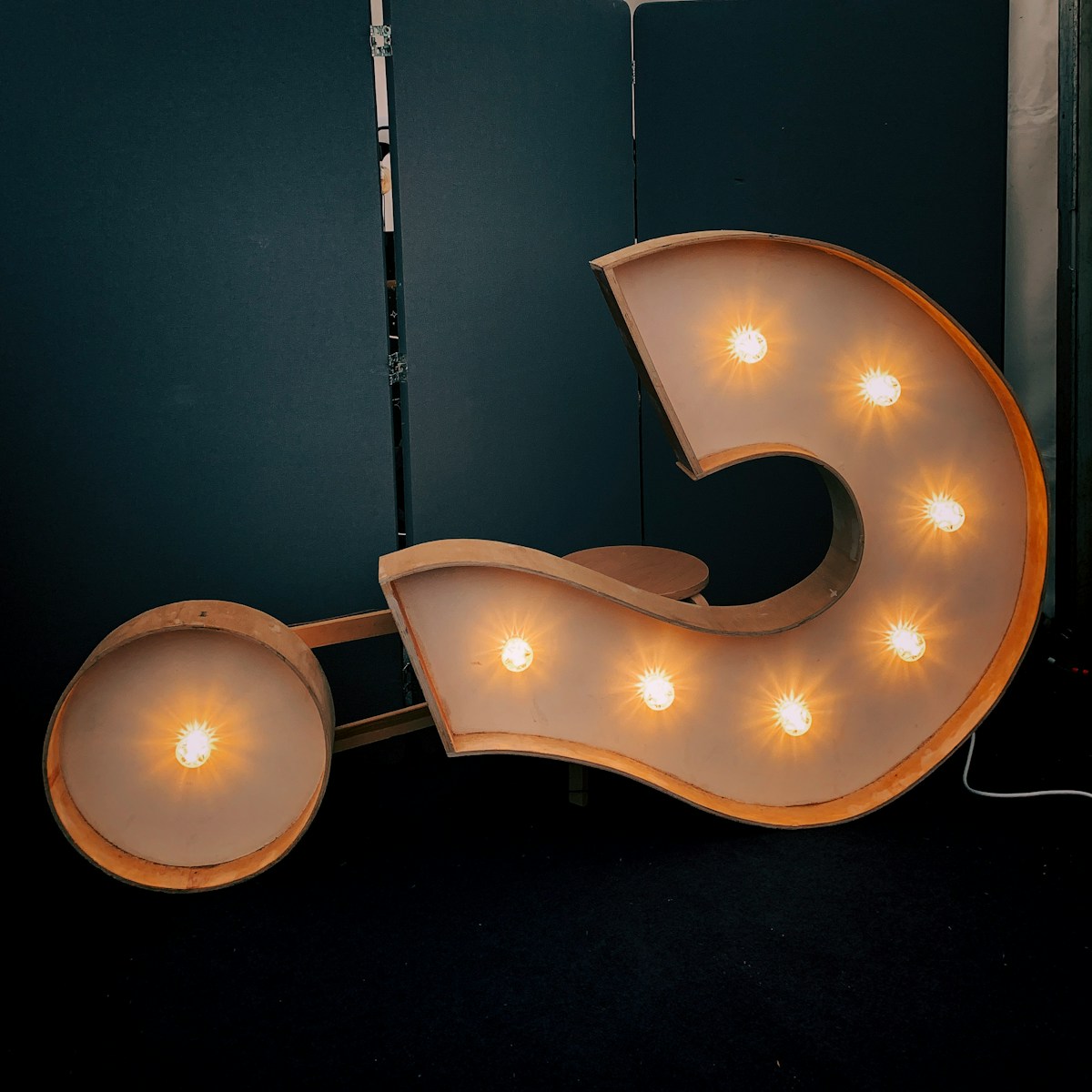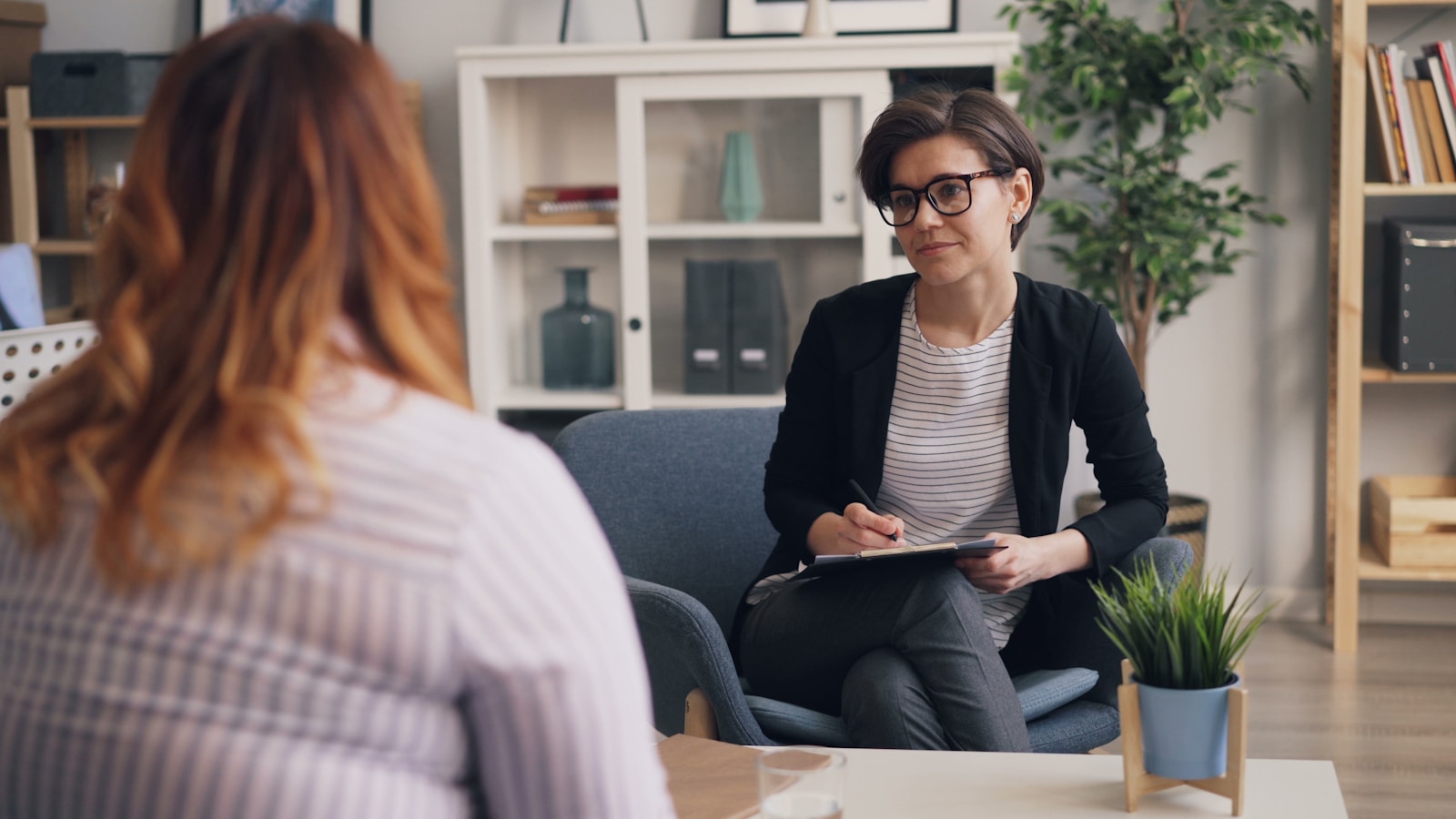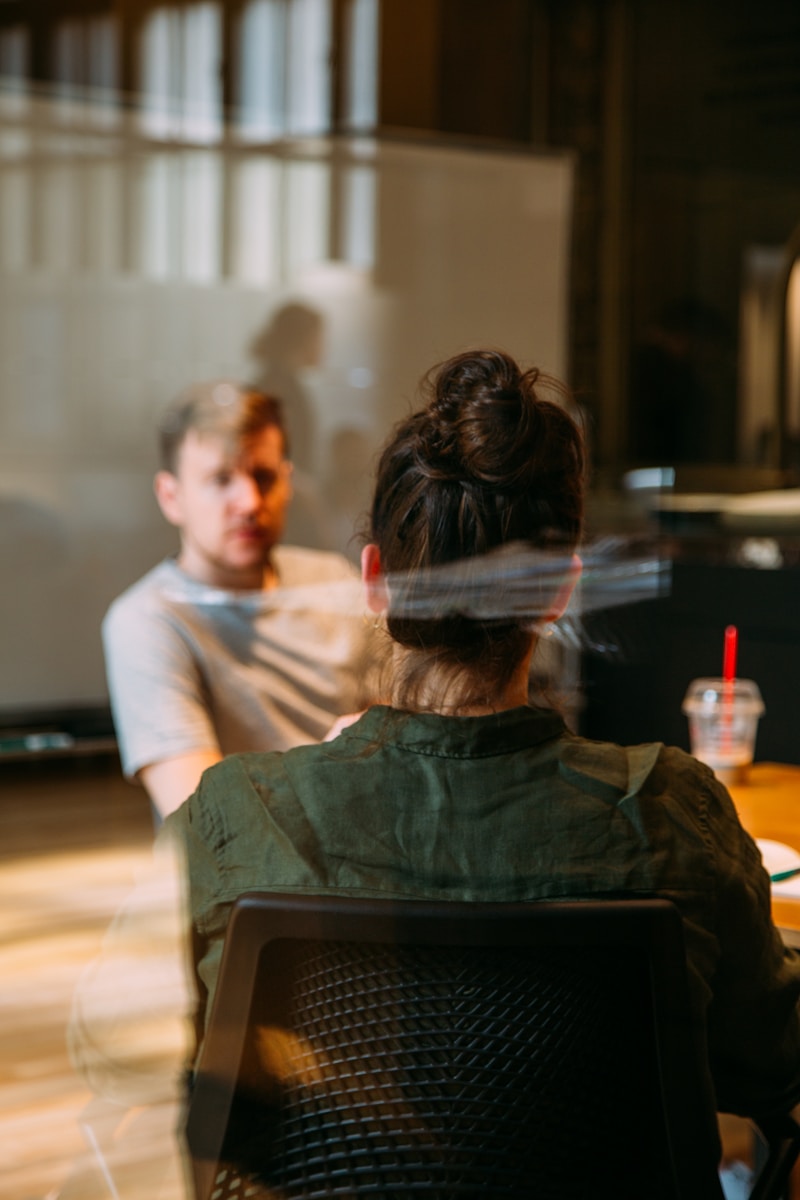
We all have times when we lack confidence and don’t feel good about ourselves. Many people would like to improve their self-confidence, but are unsure where to start. This article contains seven tips to develop your self-confidence and self-esteem.
What affects self-confidence?
Our self-confidence is our attitude about our skills and abilities, which is based on our perception of ourselves rather than our actual abilities. Some people have a higher level of self-esteem, typically people with a positive view of themselves, who accept and trust themselves, which means they are more resilient to stressful situations. Other people have a lower level of self-confidence which can make them feel inferior, or sensitive to criticism. Often, life-events such as bereavement or the end of a relationship can dent our self-esteem. Our brains are designed to grow and develop in response to life events, so it’s always possible to improve your self-confidence.
This article is aimed to help people with low self-confidence in a range of situations. I’ve written a separate article about improving your confidence in unfamiliar situations, focussing on improving and practising your skills which builds your confidence.
Be Kind to Yourself
We all have strengths and weaknesses, however when we feel low in confidence, we tend to focus on our weaknesses and the risk of failure, rather than our strengths and the opportunity for everything to go well. Some people have a tendency to be overly critical about themselves when they make a mistake “you’re useless” “you’ll never amount to anything” “you’re too old/young/short/tall/fat…” It can be helpful to ask yourself, “would I talk to a friend in this way?”
Try to avoid comparing yourself to others. It can be helpful to limit the time you spend on social media, as these sites show what people want you to see, rather than showing a full picture with weaknesses or flaws.
Ensure you make time to do things you enjoy. When you’re busy, it’s easy to stop making time for yourself. This may include simple things like making your favourite meal, meeting a friend for a coffee, or taking part in a hobby.
Deliberately focus on the positives
Celebrate things which have gone well and consciously praise yourself for small achievements throughout the day. It can be helpful to make a list of compliments people give you, and note things which you’ve done well, so you can regularly review this. If you’re feeling brave, you could ask friends and colleagues about your strengths, and what they like about you. This is likely to provide you with a more accurate picture of how other people really see you. When you have a challenging day, it is worth reviewing what went well.
Spend time with supportive friends
Talk to friends about your concerns, often they provide a fresh perspective or suggest new solutions which you may not have considered. Obviously, you can’t choose your work colleagues, but try to spend as much time as possible with people who make you feel good about yourself.
Set yourself a challenge
Most people avoid challenging situations when they’re feeling low in confidence, however setting small, achievable goals is a great way of building self-confidence. Why not think about learning a new skill – either for fun, or something which will help you to further your career, trying a new hobby, or learning a musical instrument. It doesn’t matter what the challenge is, as long as you can progress.
Look after yourself
When we feel low in confidence, we often forget to look after ourselves. It sounds obvious, but try to get enough sleep, eat healthily and avoid the temptation to skip meals or overeat the wrong food.
Exercise helps physical wellbeing, many people find being outside, particularly in the countryside or in a park, is very helpful. Many people find mindfulness helpful, which simply means focusing on the present moment by paying attention to sights, sounds, smells and tastes, rather than your thoughts. It can be something as simple as the feel of a banister as you walk upstairs, or how the air feels when you breathe.
Research shows a link between our physical health and our mental health, particularly gut health. Many people who suffer from anxiety often suffer from Irritable Bowel Syndrome (IBS). Some people find probiotics can help to break this cycle. Research also shows that a shortage of certain vitamins and minerals can affect our mental wellbeing – particularly magnesium and B vitamins.
Plan how will you use the extra energy
Rather than fighting against anxiety or stress, it can be helpful to accept that it is our bodies way of giving us extra energy for a fight or flight situation. Instead of trying to make the feelings go away, look at how you’ll use the extra energy. It can also help to change words like anxiety, nerves and stress into excitement – “I’m feeling excited about the interview”.
Visualisation
Visualisation simply means creating a new mental picture of you succeeding, this can be based on positive experiences, feedback/compliments from others or created by your imagination. You then replay this again and again until you expect to succeed. This technique is commonly used by professional athletes to overcome mental barriers. It works by substituting a new memory for the old one.
You may also wish to read the following articles, which discuss how you can build your self-confidence by changing how you see yourself and by changing how you look at situations.
Building your Confidence
Would you like to improve your confidence? I provide coaching sessions, personally tailored to your needs. Sessions can focus on particular challenges, such as career coaching, or interview coaching you can find more information and prices via the links. You are welcome to contact me, and I’ll be pleased to discuss how I can plan a session to help you.










